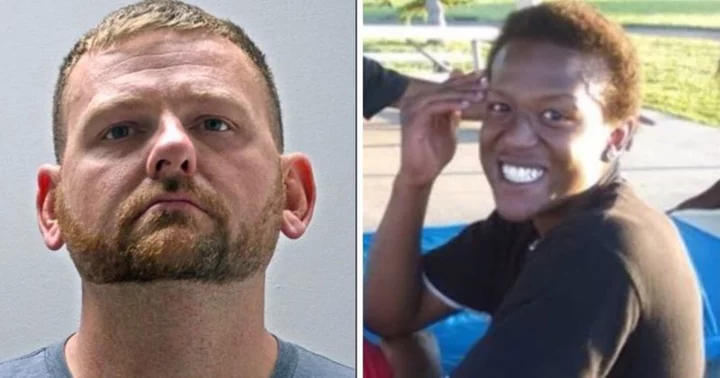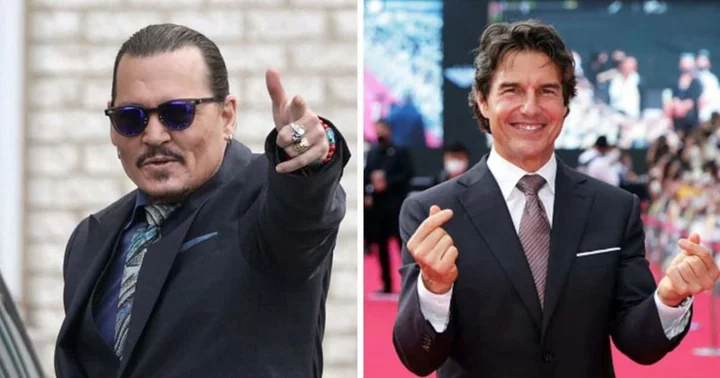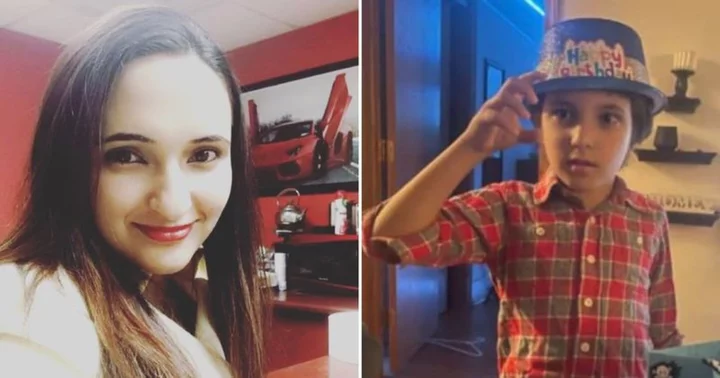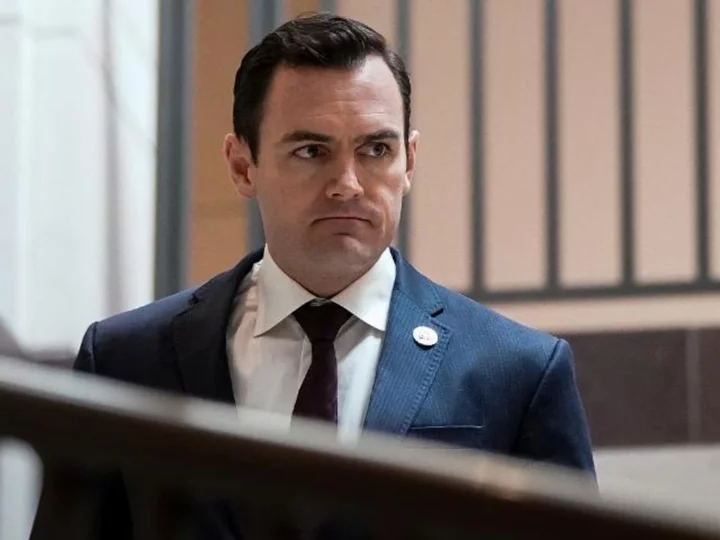COLORADO, DENVER: In a pivotal ruling, a Colorado jury has reached a verdict in the case of Elijah McClain, a 23-year-old Black man whose tragic 2019 death ignited a nationwide outcry.
The jury convicted Randy Roedema, a police officer from Aurora, while his counterpart, Officer Jason Rosenblatt, was acquitted of all charges. This verdict marks a significant moment in the pursuit of justice for McClain's grieving family and the broader community, as per Daily Mail.
Court's verdict for Randy Roedema and Jason Rosenblatt
Randy Roedema, a member of the Aurora police force, faced charges of criminally negligent homicide and third-degree assault in connection with the events leading to Elijah McClain's death.
In stark contrast, Officer Jason Rosenblatt was found not guilty on all charges related to the case. This verdict further intensifies the public debate surrounding police accountability and the tragic incident involving McClain.
Elijah McClain's tragic end
Elijah McClain's story is a heart-wrenching one that began in 2019 when he encountered police officers while walking home.
In the course of the encounter, he was placed in a neck hold and pinned to the ground. Subsequently, he was injected with a fatal overdose of ketamine, which tragically led to his passing.
Elijah McClain's case came to prominence following the widely publicized death of George Floyd in 2020. His final moments were captured on body camera footage, during which he expressed fear by saying, "I'm an introvert," and, "I'm different."
These heart-wrenching words resonated across the nation, sparking outrage and calls for justice.
In the aftermath of this tragedy, Colorado Governor Jared Polis took action, ordering the state Attorney General's office to reopen the case in 2020.
In 2021, the officers involved, along with the paramedics, were indicted by a grand jury, setting the stage for the trial.
The trial and its impact
The trial was a poignant and emotional experience for McClain's family, particularly his mother, Sheneen McClain, who had to endure a detailed examination of her son's final moments.
She sat in the courtroom during the proceedings, often with her fist raised high in a symbol of strength and resilience.
Witnesses in the trial were limited in their ability to provide firsthand accounts of the events.
Testimonies centered on perceptions of the video footage, with little focus on Elijah McClain's life and character. The trial was marked by a distinct absence of personal anecdotes about the young man.
One of the few insights into Elijah McClain's life came from a co-worker at the massage studio where he worked. The co-worker testified that McClain would bike or run long distances to work in an affluent suburb and even run during his lunch breaks.
This testimony offered a glimpse into McClain's determination and commitment to his job and physical health.
Elijah McClain's tragic encounter with the police occurred on a summer night in 2019. He was walking home from a convenience store, wearing a mask that covered most of his face, and listening to music.
A 911 call had reported him as suspicious, leading to the police intervention, despite no accusation of any crime on his part.
The confrontation escalated rapidly, with Officers Nathan Woodyard, Randy Roedema, and Jason Rosenblatt restraining McClain on the ground.
The situation took a dangerous turn when Officer Woodyard placed McClain in a neck hold, pressing against his carotid artery and rendering him temporarily unconscious. The officers claimed they acted in response to Roedema's statement, "He grabbed your gun, dude."
Paramedics administered a ketamine injection while officers held McClain on the ground. Tragically, McClain went into cardiac arrest en route to the hospital and, ultimately, succumbed to his injuries.
Elijah McClain's autopsy findings have been a point of contention. The doctor who performed the autopsy, Stephen Cina, revised his initial opinion, attributing McClain's death to complications arising from the ketamine injection, while acknowledging the role of forcible restraint.
Another forensic pathologist, Dr Roger Mitchell, reviewed the autopsy and analyzed body camera footage. He concluded that the officers' actions indeed played a pivotal role in McClain's death, categorizing it as a homicide.
The neck hold restricted oxygen to McClain's brain, while his physical exertions increased acid levels in his body, resulting in a harrowing cycle of events that made it difficult for him to breathe.
Elijah McClain's case remains a pivotal moment in the ongoing conversation about police accountability and the justice system.









